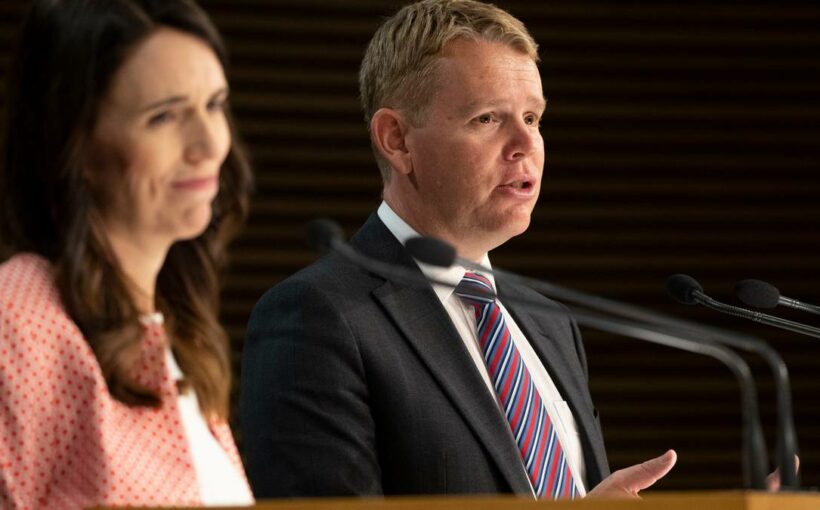OPINION:
Prime Minister Jacinda Ardern may well be ruing her decision to treat her political calendar as akin to the Chinese zodiac, and giving each year a name.
Ardern has taken to announcing the name of the year at the start of her party’s caucus retreat each January.
2019 was the Year of Delivery.
2020 was the Year of Fact: Ardern called for a “factual” election campaign. That was quickly made redundant by Covid-19 declaring itself the topic of the year instead.
This time round it was the Year of the Vaccine.
The proclamations are intended to show the Government’s main priority for the year ahead.
They also provide Opposition MPs with a cudgel to hammer her with for any shortcomings, perceived or real.
Within days of the Year of the Vaccine being announced, National and Act were hammering on about whether New Zealand was getting the vaccines quickly enough – and which countries were beating us.
There were questions about Covid-19 Minister Chris Hipkins’ earlier claim that New Zealand was well placed to be “at the front of the queue”.
The definition of “front of the queue” may well end up being rather stretched.
But the Opposition slings and arrows will not be worrying Ardern.
That is because being among the first to get the vaccine is not necessarily a race she wants us to win.
The bigger challenge is making sure people will be willing to take it when it does arrive.
Director general of health Dr Ashley Bloomfield said recent polls had shown about 70 per cent of people would be prepared to get vaccinated, and a further 20 per cent would take it if they were very sure it was safe. 10 per cent had said no.
Therein lies the rub: 70 per cent is the minimum for “herd immunity”, according to Bloomfield.
Hipkins identified concern and possible misinformation about the vaccines as one of the biggest problems the Government expected to face this year.
Bloomfield too has pointed at “vaccination hesitancy”: those who needed extra confidence to be sure it was safe.
There is the battle of science – and the battle of hearts and minds.
In winning the latter, Hipkins has pointed out that the vast majority of those deploying the vaccines early had pushed it through emergency approval processes because of the numbers dying of the virus in those countries.
The risk-benefit ratios were different to those in New Zealand. When people are dying, if the vaccine does less harm than the virus it is the right option.
New Zealand has the luxury of time: that meant regulators could probe the vaccines more thoroughly – and use the experience of other countries to assess effectiveness and side-effects.
In short, New Zealand does not want or need to be the guinea pigs here.
Adding to the lack of urgency is that getting the vaccine will not necessarily make any significant difference to peoples’ lives here in the short term.
People will still not be able to travel freely without quarantining on return, even if vaccinated.
Ardern has made it clear those rules will remain until it is proven a vaccinated person cannot transmit the virus, or enough New Zealanders are vaccinated for “herd immunity” – at least 70 per cent of the population.
Neither of those things is likely to happen quickly. Any mass vaccination will not start until at least the middle of the year – and is expected to take about a year.
National and Act have made much of the possibility countries such as Australia will get vaccines before New Zealand, and the length of time medical regulators are taking to give each vaccine approval for use compared to other countries.
That is pure politicking – for the time being. Most New Zealanders will accept some things are out of the Government’s control, and that New Zealand is not one of the countries in a vaccinate-or-die scenario.
Hipkins and Ardern have said it is hard to argue against the more compelling need for those in countries with massive outbreaks to take priority.
But if New Zealand does end up edging toward the end of the queue, public tolerance will wear thin and the Opposition whistling may start to find an audience.
Source: Read Full Article

/cloudfront-ap-southeast-2.images.arcpublishing.com/nzme/KKGKHUYQVMQZ4VBEHGH7CSXAAM.jpg)
/cloudfront-ap-southeast-2.images.arcpublishing.com/nzme/PYEL44KO33WBO5NZMYHWZJETKI.jpg)